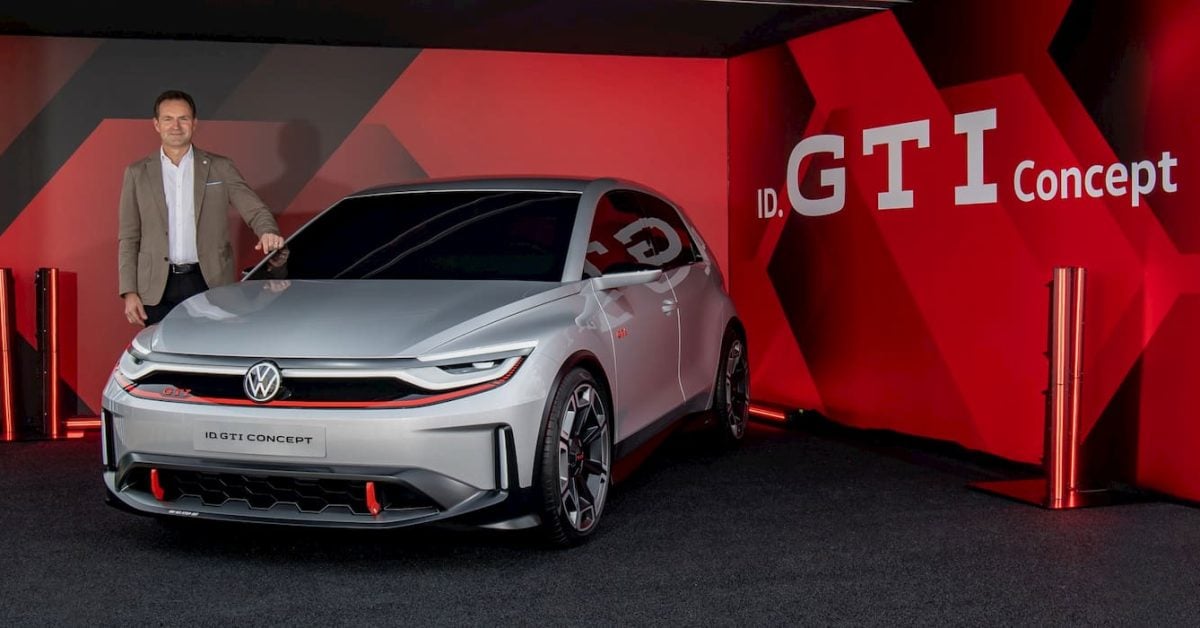According to Grunitz, Volkswagen’s first electric GTI will be “a real go kart” to drive. He’s already driven a prototype, claiming, “It’s really amazing.”
You can see the concept pulls design features from VW’s classic GTI models. However, the company promises new tech will enable even more control and handling for that “go kart” like feel.



Batteries and electric motors are still pretty expensive to manufacture. I don’t think a budget EV would be available until a new, cheaper battery tech comes out.
You’re right they are expensive components, though I’d point out the battery tends to be the cost leader of the drive train by a significant margin. The motors are increasing over time, but not enough to surpass the battery.
Drive traintrain cost breakdown:
With this in mind, the average electric car has range of 200 miles, with the most popular model pushing beyond 300. The battery could easily be cut in half in order to lower the vehicle cost.
Don’t get me wrong, I know half the battery doesn’t mean the car would be half the price, but it would be a good chunk. And in today’s market, every dollar saved matters.
I agree with the reduced battery idea, but you’ve got to consider that would significantly reduce the life of the battery and slightly reduce max torque output as well. For me that wouldn’t be as important, but for many people that’s a huge negative. They expect the battery to last as long as, say, a manual transmission.
I haven’t seen any data suggesting degradation is worse in smaller capacity batteries, but even if it is, degradation as a whole isn’t as a big a deal as might be believed. It was significant ten years ago, but insignificant today.
I’ll take your word for it on the torque point. I don’t remember much about EV torque comparisons but it makes sense on the face of it that if you lose a bunch of the energy, some of the torque goes with it.
On battery replacement due to degradation:
Non recall replacements (by year of manufacture):
That’s an order of magnitude improvement in half a decade, and the best of that is already ten years old. Battery technology is only getting better, and with better batteries, we could afford to put smaller ones in a commuter car and sell them cheaply.
I agree.